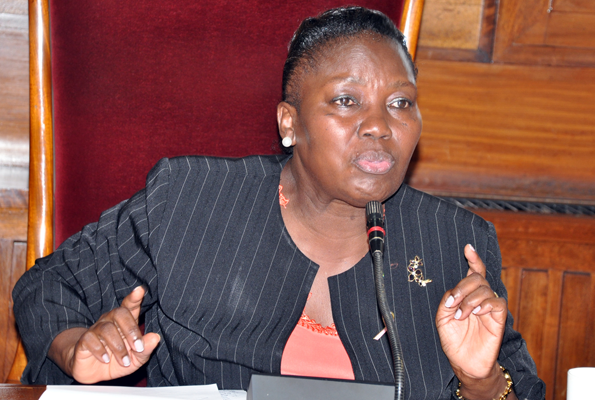At the African Union Summit in Niger, Nigerian President Muhammadu Buhari launched the African Continental Free Trade Area by signing the continent’s largest economy onto the deal.
After months of reluctance over competition concerns, Nigeria’s support gives weight to forming the world’s largest free trade zone — a 55-nation bloc worth $3.4 trillion.
“Nigeria stands to profit and other African countries stand to profit also from Nigeria’s participation,” said Pat Utomi, a member of the Nigerian negotiating team. “It will not only lead to Nigeria’s economy becoming bigger, but also help the economies of other African countries become stronger and much bigger. Together, the mutual benefits of trade will lead to elevating Africa’s status away from the poverty of today.”
Intra-African trade makes up only 17% of exports, which are hampered by poor infrastructure, taxes, bureaucracy and corruption.
The trade pact aims to boost cross-border trade by reducing or eliminating duties and red tape.
To help lower costs, the AU launched a pan-African payment system at the summit in Niger’s capital.
“African trade today is conducted on the U.S. dollars and the euro and increasingly, the pan-African payment system,” said Okey Oramah, president of the African ExportImport Bank. “What this is doing is to reduce the use of third currencies in the bilateral trade settlement in Africa. Because we estimate that that costs Africa between $5 [billion] and $7 billion. Beyond that, it also reduces trade because Africa has a scarcity of foreign exchange.”
African exporters want the free trade area to quickly enter into force to eliminate barriers and create free movement between states.
Adama Harouna, the coordinator of Niamey Onion Exporters, wants customs barriers to be broken, saying he does not understand why, for example, a person from Niger who goes with his goods to Burkina Faso still finds constraints there.
Despite the African free trade area’s launch, much work remains before the agreement becomes effective.
While all of the African Union’s 55 members except Eritrea have signed on to the free trade area, only half have ratified the deal.
And even after costs are reduced, Africa’s exporters still will have to contend with non-tariff barriers that will take much longer to fix — such as corruption and poor transport links between nations.
VOA





